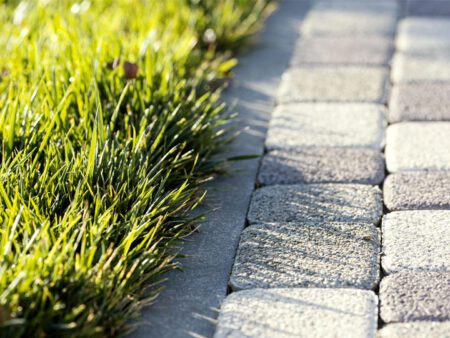 Paver Sealing contractors receive several questions each month about how to protect freshly sealed pavers from winter weather conditions such as blizzards, high winds, and freezing temperatures. These weather conditions can cause pavers to look poorly maintained, reducing curb appeal and making decks, walkways, and front lawns look neglected. In addition, cobblestones with structural problems are prone to moisture and mold penetration. In this explainer, they outline steps to protect concrete and brick pavers from winter storms, mold, and condensation.
Paver Sealing contractors receive several questions each month about how to protect freshly sealed pavers from winter weather conditions such as blizzards, high winds, and freezing temperatures. These weather conditions can cause pavers to look poorly maintained, reducing curb appeal and making decks, walkways, and front lawns look neglected. In addition, cobblestones with structural problems are prone to moisture and mold penetration. In this explainer, they outline steps to protect concrete and brick pavers from winter storms, mold, and condensation.
Uncompacted pavers often grow moss and create a musty smell during the mild winter, requiring pressure washing for many residents before inviting friends and family over. High-quality sealing of paving blocks prevents this.
To protect your pavers from the winter weather, it is recommended to invest in high-quality services and materials. Poor-quality paving stones will inevitably lead to premature cracking, shifting, and yellowing, especially under the influence of anti-icing compounds. Technicians use self-absorbing virgin resins made in the USA that provide a low-sheen finish. They repel stains, limit joint erosion, and hold stones in place through foot and vehicle traffic.
The use of salt and synthetic anti-icing compounds can damage paving stones. Experts recommend using sand to solve icing problems in harsh winters. It is also suggested to use plastic shovels instead of metal ones so that scuffs and scratches do not appear on the floor.
It is important to remove dirt, debris, and leaves from the paving stones before the end of autumn. Decaying plant matter can discolor and darken concrete surfaces during long winters. Fall cleaning helps many residents keep their exteriors looking brand new without pressure washing.
Picture Credit: Freepik



